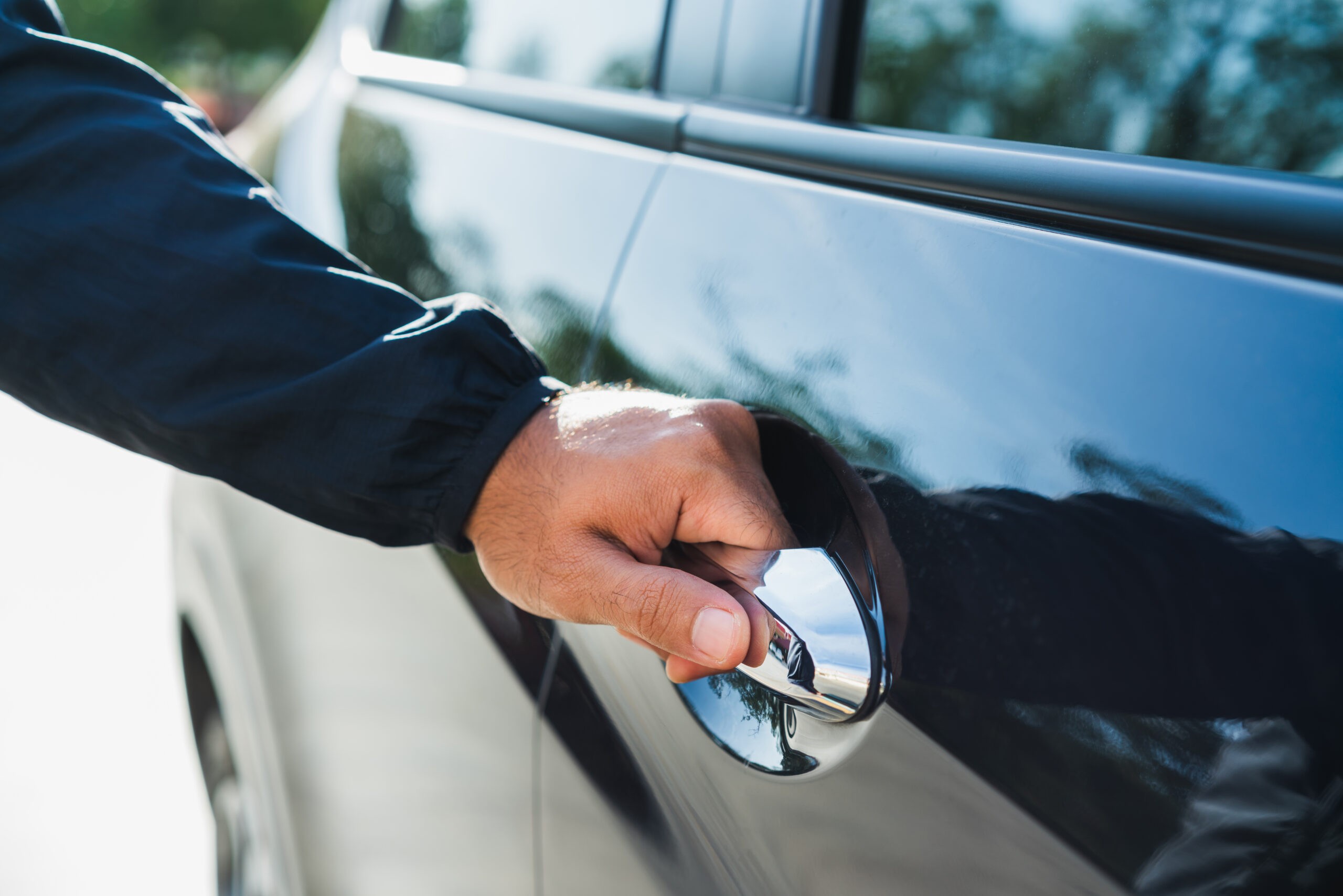Car repossession is an unfortunate reality for many. When borrowers default on their auto loans, lenders, including banks, will repossess the vehicles. However, this situation also creates opportunities for savvy buyers. Banks often sell these repossessed vehicles, known as “car repos,” at prices below market value to recoup their losses. If you’re looking for a used car at a potentially discounted price, understanding how to find car repos from banks can be a smart strategy.
Why Banks Repossess Cars and Offer Repos for Sale
Banks and financial institutions provide auto loans to consumers. When a borrower fails to make timely payments, they are considered in default of the loan agreement. After a period of missed payments and failed attempts to resolve the delinquency, the lender initiates the repossession process. This legal process allows the lender to take back the vehicle to mitigate their financial risk.
Once a vehicle is repossessed, the bank becomes the owner of the car. Banks are not in the business of managing or maintaining vehicle inventories long-term. Their primary goal is to recover the outstanding loan amount. To do this efficiently, banks typically sell repossessed cars quickly through various channels, often at auctions or through direct listings. This is where the opportunity arises for buyers looking for deals on used cars.
Where to Find Car Repos from Banks: Key Strategies
Finding car repos from banks requires a proactive approach. Here are several effective methods to explore:
Checking Bank Websites Directly
One of the most direct methods is to check the websites of major banks and credit unions in your area. Many larger financial institutions, such as Wells Fargo or Bank of America, have dedicated sections on their websites listing repossessed vehicles for sale.
- Navigate to the “Asset Sales” or “Repossessed Vehicles” sections: Look for terms like “repos,” “foreclosed assets,” or “bank-owned vehicles” on the bank’s website. These sections often list cars, trucks, and other vehicles currently available.
- Use website search functions: Utilize the website’s search bar and type in keywords like “car repos,” “repossessed cars,” or “vehicle auctions” to quickly locate relevant pages.
- Set up alerts or mailing lists: Some banks may offer email newsletters or alerts for their asset sales. Subscribing to these can provide timely notifications about new repo listings.
Exploring Online Repo Listing Platforms
Several online platforms specialize in aggregating listings of repossessed vehicles from various sources, including banks. These platforms can streamline your search and offer a wide selection:
- Specialized Repo Websites: Websites dedicated to listing repossessed vehicles often source their inventory directly from banks, credit unions, and other lenders. Examples include RepoFinder, Auto Auction Mall, and similar platforms.
- Auction Aggregator Sites: Websites that compile listings from various auto auctions, including those featuring bank repos, can be valuable resources.
- Classified Ad Websites: While less common for direct bank listings, keep an eye on general classified ad websites like Craigslist or Facebook Marketplace, as some smaller banks or credit unions might list repos locally.
Participating in Car Auctions
Car auctions are a primary channel through which banks sell repossessed vehicles. Auctions can offer significant discounts, but require careful preparation and due diligence:
- Bank-Specific Auctions: Some large banks conduct their own auctions, exclusively featuring their repossessed inventory. Information on these auctions can often be found on the bank’s website.
- Public Auto Auctions: Many auto auctions are open to the public and feature vehicles from various sources, including banks, dealerships, and fleet companies. Look for auction houses in your region and inquire about their repo inventory.
- Online Auctions: Online auto auctions have become increasingly popular, offering convenience and broader access to repo vehicles. Platforms like Manheim and Copart (primarily for dealers but some access for the public) host online auctions with bank repos.
Contacting Bank Repo Departments Directly
For a more targeted approach, consider contacting the repo departments of banks directly:
- Research local banks and credit unions: Identify banks and credit unions operating in your area.
- Contact their loan servicing or asset recovery departments: Inquire about their process for selling repossessed vehicles and if they maintain a list of available repos.
- Build relationships: Establishing contact with bank personnel in these departments can provide you with early access to information about upcoming repo sales.
Understanding the Repossession Process (Brief Overview)
While your focus is on finding repos, a basic understanding of the repossession process can be helpful. After a borrower defaults, the bank may hire a repo agent to locate and seize the vehicle. Repo agents are often licensed professionals who must adhere to legal guidelines. They may use various methods to find vehicles, sometimes utilizing GPS tracking if installed. Borrowers are typically notified after the repossession and provided with information on how to potentially reclaim their vehicle or understand the next steps, such as a vehicle sale.
Things to Consider When Buying a Repo Car from a Bank
Purchasing a repossessed vehicle can be advantageous, but it’s crucial to proceed with caution and awareness:
- Vehicle Condition: Repo cars are sold “as-is,” and their history might be unknown. Thoroughly inspect the vehicle or have a mechanic inspect it before bidding or buying.
- Limited Warranties: Banks typically offer no warranties on repo vehicles. Factor potential repair costs into your budget.
- Financing: While you’re buying from a bank, financing a repo car from the same bank that repossessed it might be complex. Explore financing options from other sources if needed.
- Due Diligence: Research the vehicle’s history using VIN checks (like Carfax or AutoCheck) to uncover potential issues or accidents.
- Auction Dynamics: If buying at auction, understand auction rules, bidding strategies, and fees involved. Set a budget and stick to it to avoid overpaying.
Conclusion: Finding Car Repo Deals Requires Effort and Research
Finding car repos from banks can be a rewarding path to securing a used vehicle at a reduced price. By utilizing online resources, exploring bank websites, attending auctions, and conducting thorough research, you can increase your chances of finding a great deal. Remember to exercise caution, inspect vehicles carefully, and understand the terms of sale to make an informed and successful purchase. While the process requires effort, the potential savings can make it worthwhile for budget-conscious car buyers.



